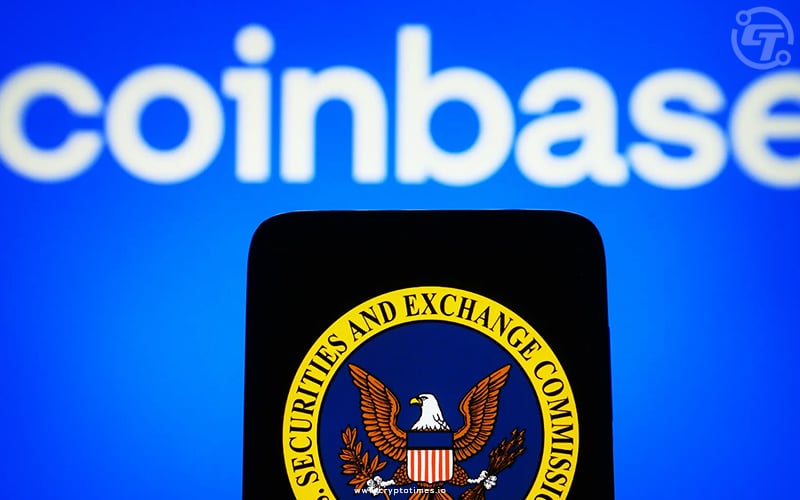One of the top crypto exchanges, Coinbase, has achieved a major victory in an ongoing legal battle. The U.S. Court of Appeals for the Second Circuit ruled in favor of Coinbase, confirming that secondary sales of cryptocurrencies on its platform do not violate the Securities Exchange Act.
The court ruling impacts individuals across the country who engaged in token trading on Coinbase between October 8, 2019, and March 11, 2022. The dispute centered on whether the cryptocurrencies traded on Coinbase qualified as securities.
The plaintiffs filed federal claims under the Securities Act of 1933, Sections 5, 12(a)(1), and 15, as well as Sections 5, 15(a)(1), 20(a), and 29(b) of the Securities Exchange Act of 1934. Additionally, on behalf of a nationwide class of people, they brought state law claims in California, Florida, and New Jersey about securities laws.
The plaintiffs argued that Coinbase was engaging in the sale and offering of securities that were not registered. They also charged it with breaking several securities law regulations.
On the other hand, Coinbase disputed the applicability of securities laws, arguing that secondary crypto-asset sales did not meet securities transaction requirements. After considering several factors, the Court of Appeals upheld some of the lower court’s rulings while rejecting others.
The Securities Act’s Section 12(a)(1) established Coinbase’s possible responsibility for selling unregistered securities, according to the court. However, it dismissed the plaintiffs’ Securities Exchange Act claims, stating that inadequate evidence of contracts unique to the transaction was required for Section 29 rescission.
The court’s ruling mostly depended on how Coinbase’s changing user agreements were to be interpreted, which posed difficulties because of differences between versions and made a definitive conclusion difficult to reach.
While Coinbase insists that secondary crypto sales aren’t securities transactions, the plaintiffs view the verdict as a step forward in the enforcement of securities laws on cryptocurrency platforms. Since the Court of Appeals’ ruling has a big impact on crypto monitoring, Coinbase also highlights the necessity of clear regulations to spur innovation.
Additionally, Coinbase CLO Paul Grewal thanked on the social media platform X, noting that the Second Circuit reiterated that, by federal securities legislation, there is no private liability for secondary trading of digital assets on exchanges such as Coinbase. This highlights the importance of contracts.
Also Read: SEC Lawsuit Against Coinbase Moves Forward







